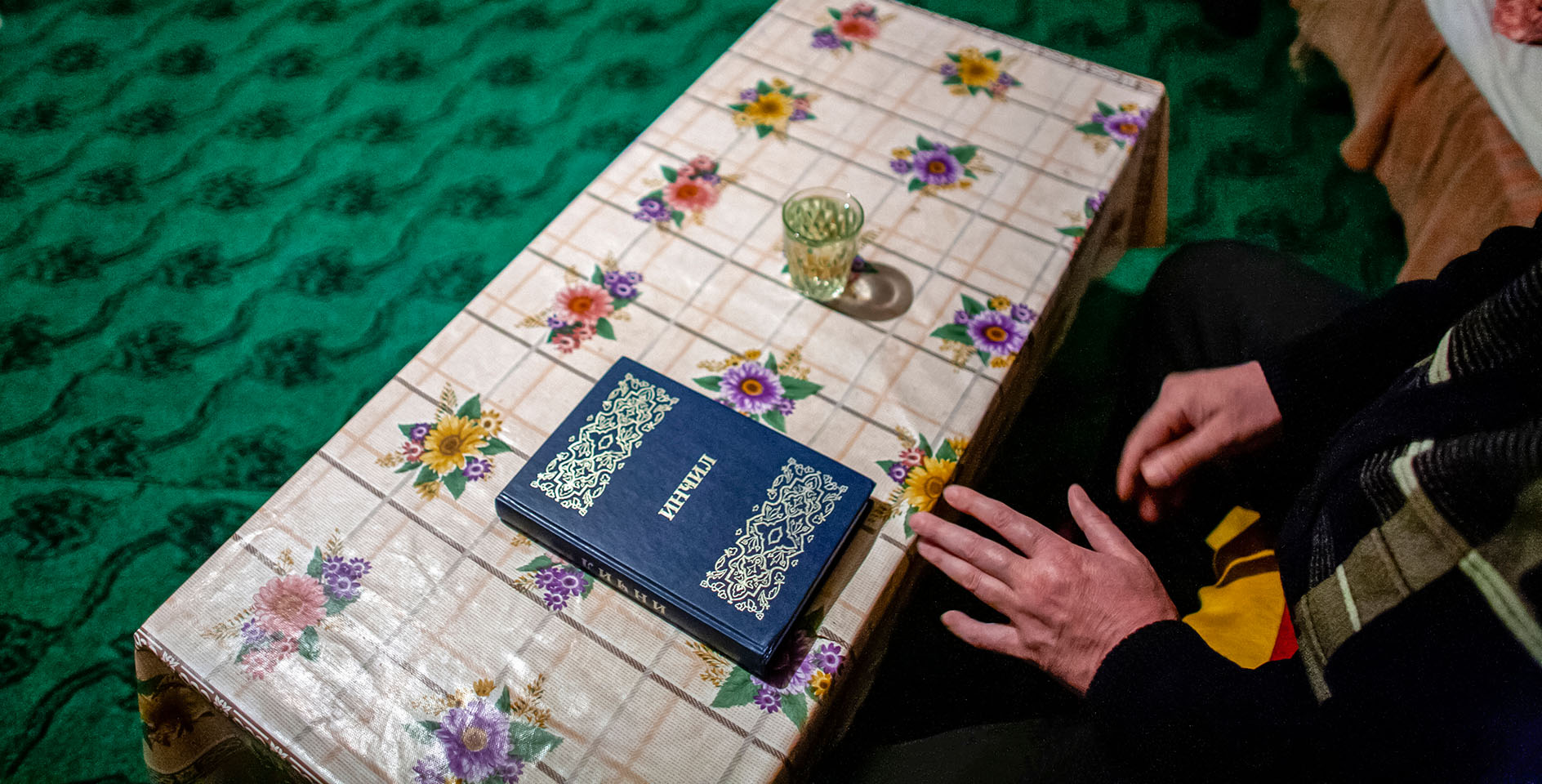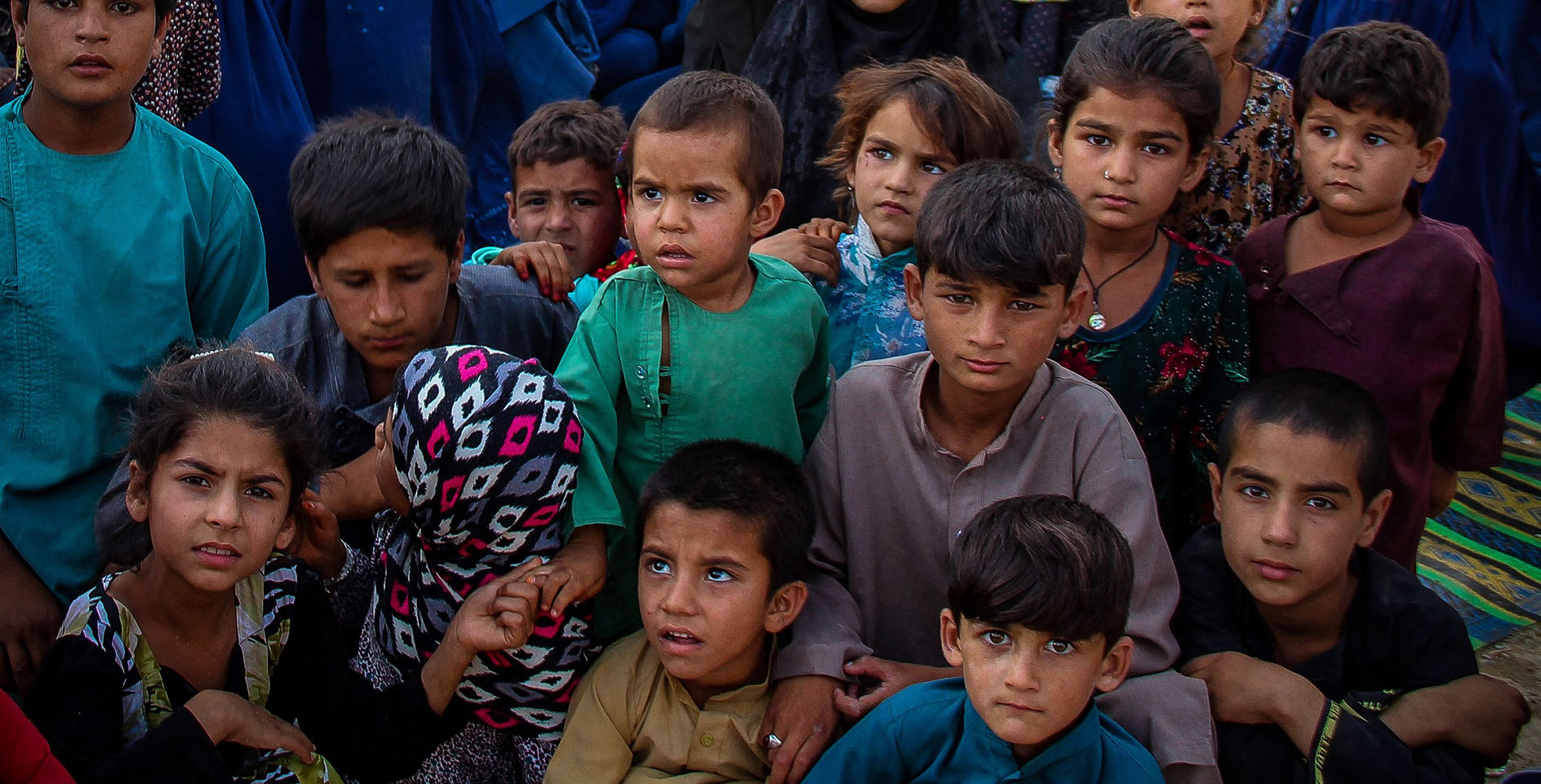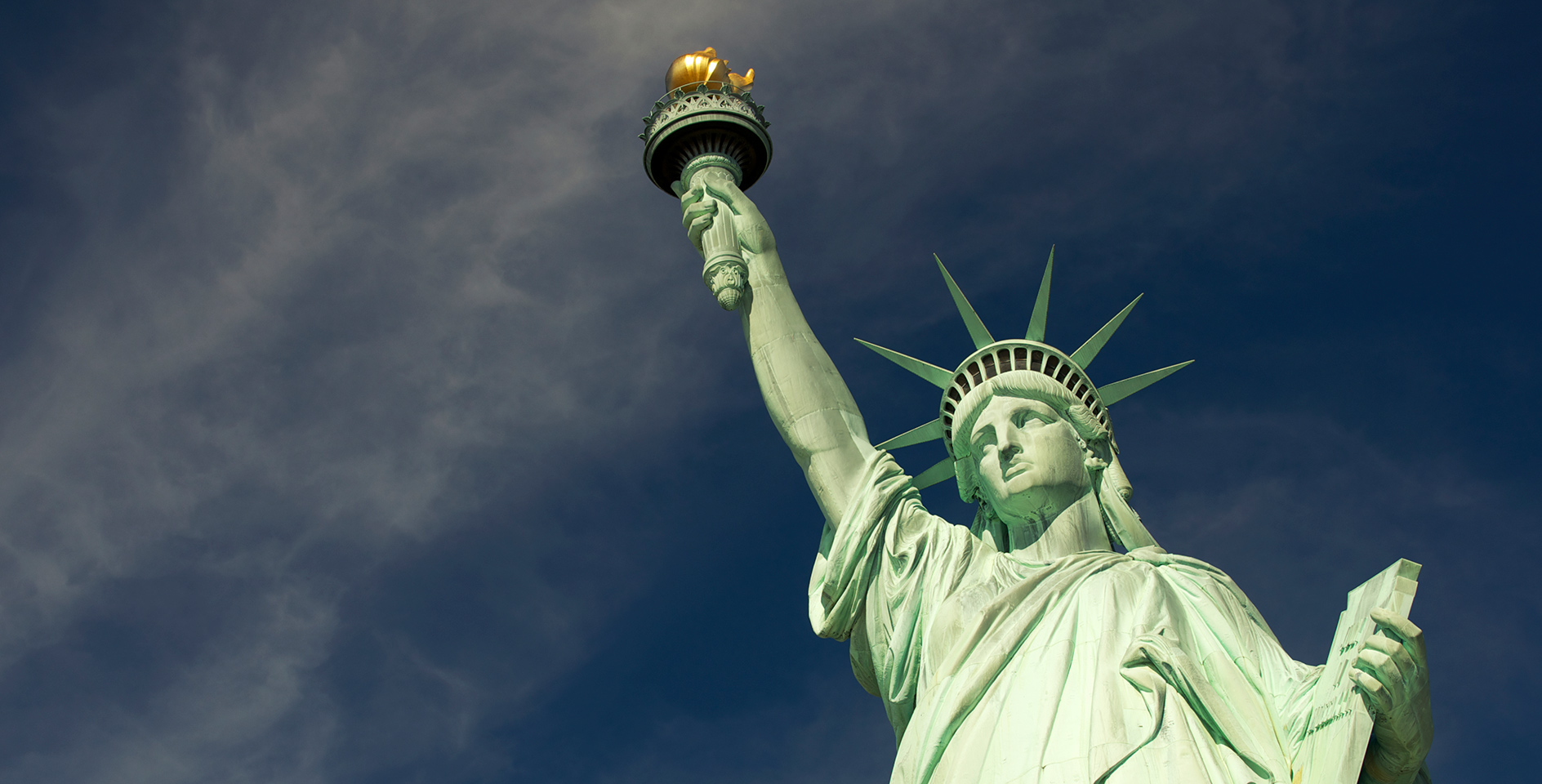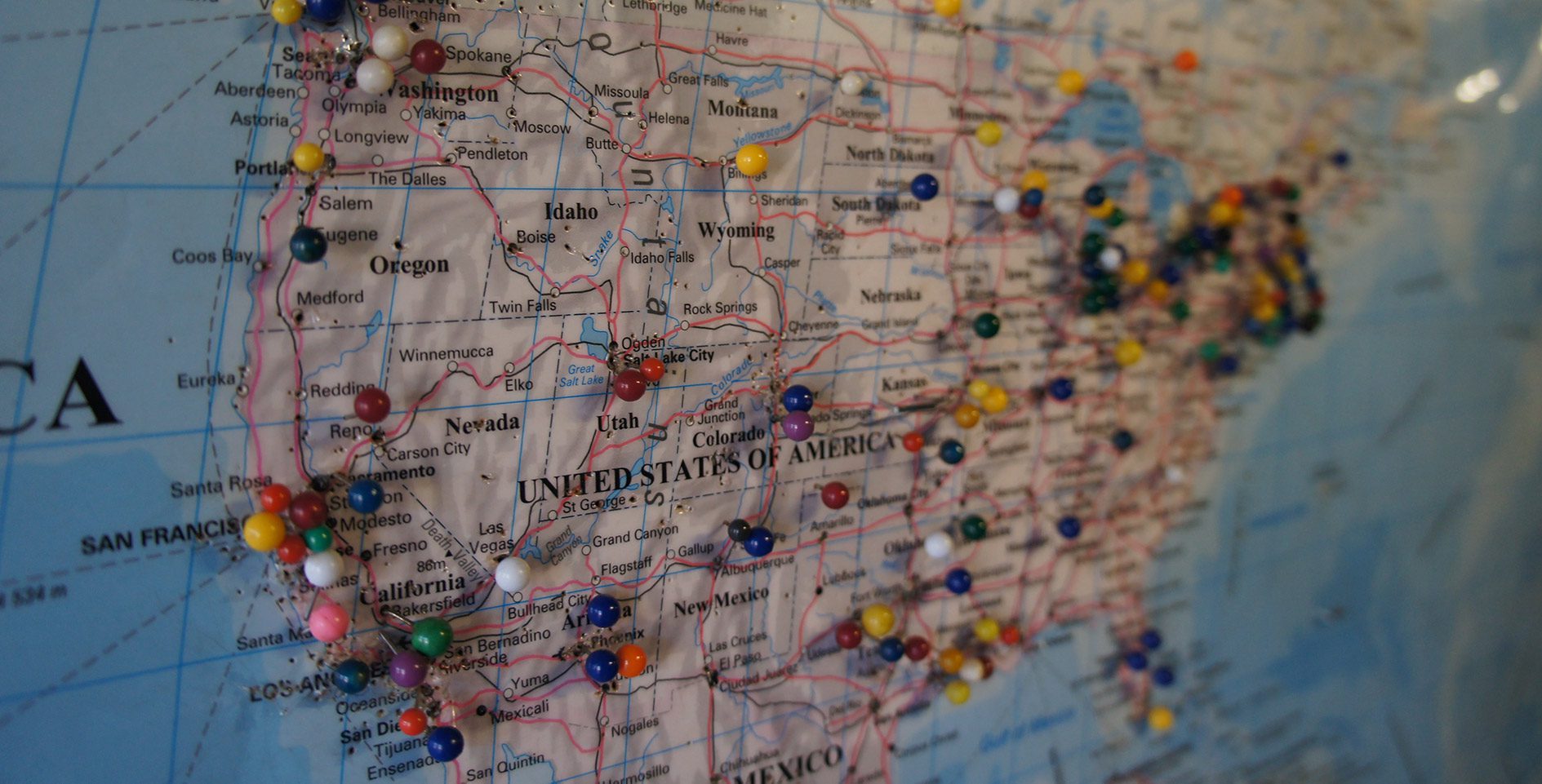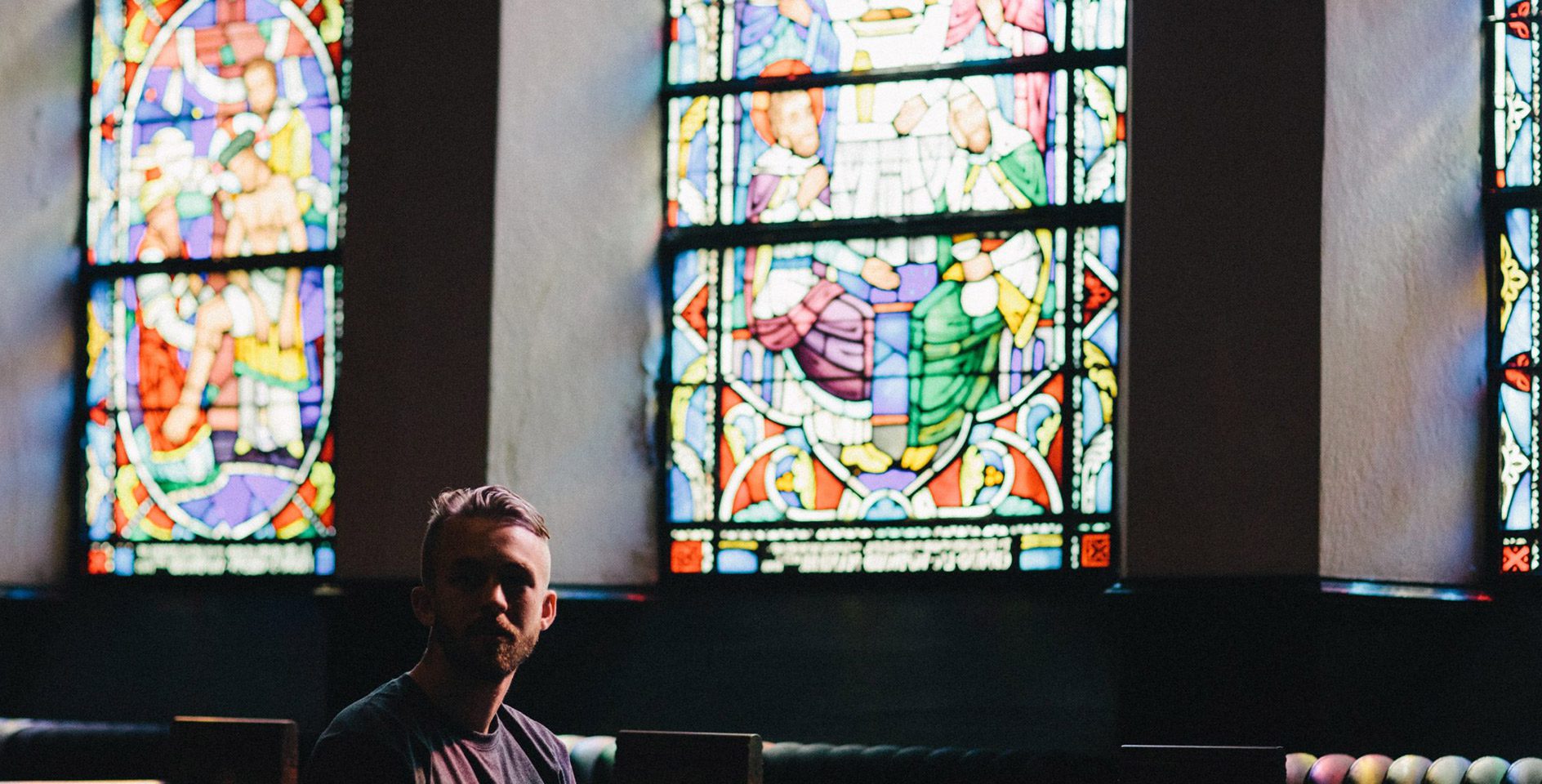In early September, Redeemer Fellowship of Edisto Island, a small Southern Baptist church plant in South Carolina, filed an equal access lawsuit against the town who changed its civic center rules to bar it from being used for “religious worship services” based on a flawed understanding of the separation of church and state.
Filed by attorneys at Alliance Defending Freedom, the lawsuit argues that the town’s new guidelines amount to viewpoint discrimination, allowing some groups “to engage in singing, teaching, social interaction, and similar expressive activities” at the center while denying “access to those groups that engage in those same activities from a religious viewpoint.”
ADF legal counsel and ERLC research fellow Christiana Holcomb lays out the problem with the town’s guidelines:
Churches shouldn’t be treated less favorably than other groups that want to rent facilities. The town of Edisto Beach tells the community that it welcomes “civic, political, business, social groups and others” to use its civic center, but the town’s recent policy change singles out one form of expression, worship, as inferior to other forms of speech, and that’s clearly unconstitutional. Redeemer Fellowship and its members have invested in the Edisto community for years, and they deserve fair treatment and equal access to the town’s public civic center.
When new churches are first planted, they often meet in elementary school auditoriums, gymnasiums, and civic centers. The Supreme Court has made clear that if a public building is offered to the community for rent, they cannot discriminate against religious organizations such as churches. That is a clear violation of the First Amendment.
If laws and guidelines like these were allowed to stand, not only would the government be able to discriminate at will, but communities would suffer. Church plants like these and civic faith organizations serve the poor, strengthen families and communities, and love their neighborhoods well.
We will keep you updated on this case and others like it.





